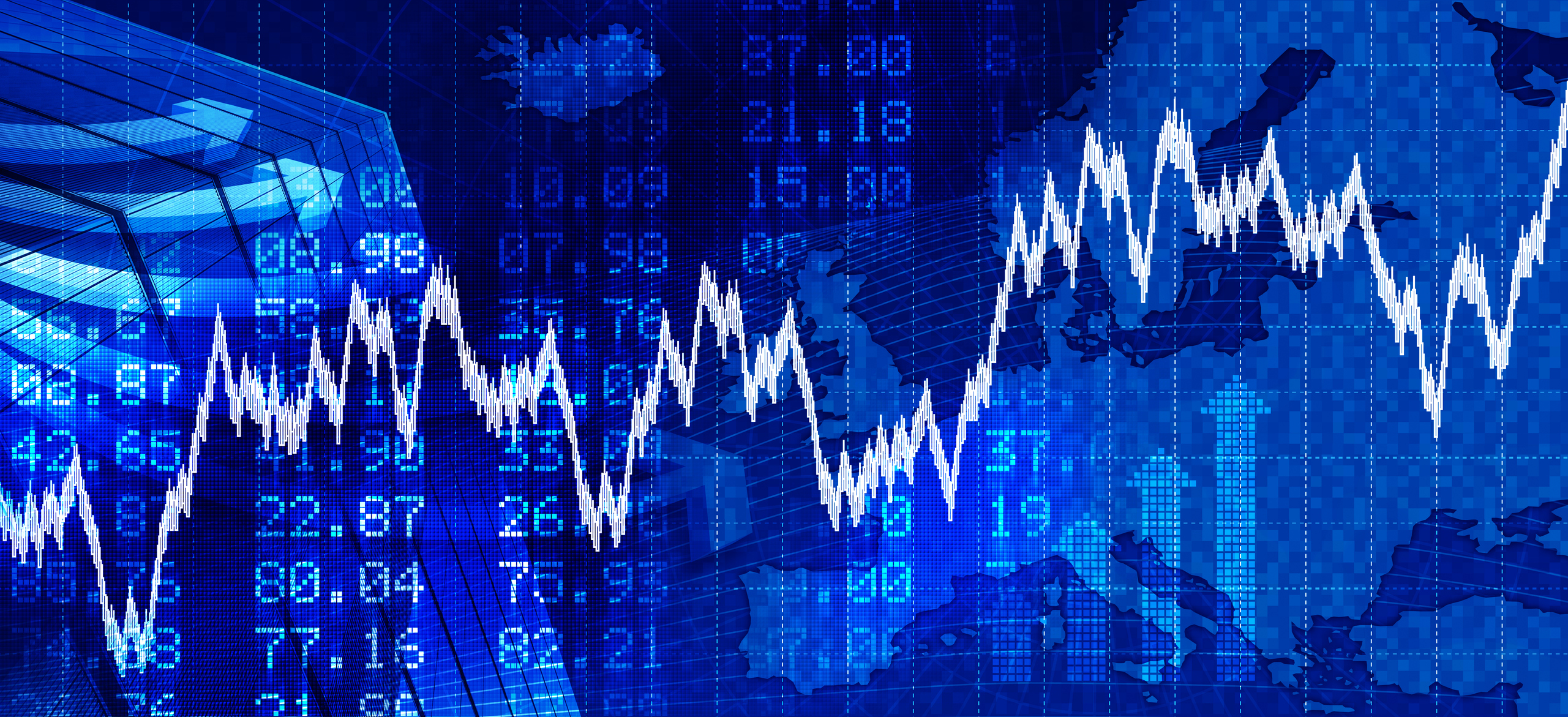Can gold keep going up?
Gold has gained around a fifth in 2016 and is at its highest level in over a year. Can that continue?

Get the latest financial news, insights and expert analysis from our award-winning MoneyWeek team, to help you understand what really matters when it comes to your finances.
You are now subscribed
Your newsletter sign-up was successful
Want to add more newsletters?

Twice daily
MoneyWeek
Get the latest financial news, insights and expert analysis from our award-winning MoneyWeek team, to help you understand what really matters when it comes to your finances.

Four times a week
Look After My Bills
Sign up to our free money-saving newsletter, filled with the latest news and expert advice to help you find the best tips and deals for managing your bills. Start saving today!
Goldhas gained around a fifth in 2016 and at a price of around $1,300 an ounce it is at its highest level in over a year. According to the World Gold Council, demand rose by 21% to 1,290 tonnes in the first three months of 2016, the second-highest quarterly level on record.
Equity-market turbulence and weak economic data boosted demand for an asset that typically thrives on bad news. Negative interest rates and bond yields around the world make gold's lack of yield less of a disadvantage; the investors expect further interest-rate rises in the US to be postponed, further burnishing gold.
Gold may struggle in the short term as better US and Chinese data allay fears over the global economy, and a rate hike by the Fed could temper its momentum too. But it should continue to look appealing in an environment of negative rates, while we worry that the Fed could be blind-sided by a return of inflation, which would give demand for the traditional store of value another fillip.
MoneyWeek
Subscribe to MoneyWeek today and get your first six magazine issues absolutely FREE

Sign up to Money Morning
Don't miss the latest investment and personal finances news, market analysis, plus money-saving tips with our free twice-daily newsletter
Don't miss the latest investment and personal finances news, market analysis, plus money-saving tips with our free twice-daily newsletter
Gold, as Solita Marcelli of JP Morgan Private Bank says, remains "a great portfolio hedge".
Get the latest financial news, insights and expert analysis from our award-winning MoneyWeek team, to help you understand what really matters when it comes to your finances.

-
 Should you buy an active ETF?
Should you buy an active ETF?ETFs are often mischaracterised as passive products, but they can be a convenient way to add active management to your portfolio
-
 Power up your pension before 5 April – easy ways to save before the tax year end
Power up your pension before 5 April – easy ways to save before the tax year endWith the end of the tax year looming, pension savers currently have a window to review and maximise what’s going into their retirement funds – we look at how
-
 How a dovish Federal Reserve could affect you
How a dovish Federal Reserve could affect youTrump’s pick for the US Federal Reserve is not so much of a yes-man as his rival, but interest rates will still come down quickly, says Cris Sholto Heaton
-
 'Investors should brace for Trump’s great inflation'
'Investors should brace for Trump’s great inflation'Opinion Donald Trump's actions against Federal Reserve chair Jerome Powell will likely stoke rising prices. Investors should prepare for the worst, says Matthew Lynn
-
 The challenge with currency hedging
The challenge with currency hedgingA weaker dollar will make currency hedges more appealing, but volatile rates may complicate the results
-
 Can Donald Trump fire Jay Powell – and what do his threats mean for investors?
Can Donald Trump fire Jay Powell – and what do his threats mean for investors?Donald Trump has been vocal in his criticism of Jerome "Jay" Powell, chairman of the Federal Reserve. What do his threats to fire him mean for markets and investors?
-
 Freetrade’s new easy-access funds aim to beat top savings rates
Freetrade’s new easy-access funds aim to beat top savings ratesFreetrade has launched an easy-access exchange traded fund (ETF) range - here’s how the ETFs work and how they compare to the savings market
-
 Go for value stocks to insure your portfolio against shocks, says James Montier
Go for value stocks to insure your portfolio against shocks, says James MontierInterview James Montier, at investment management group GMO, discusses value stocks and slow-burn Minsky moments with MoneyWeek.
-
 Where do we go from here?
Where do we go from here?Features A new series of interviews from MoneyWeek
-
 As China reopens, why pick an income strategy?
As China reopens, why pick an income strategy?Advertisement Feature Yoojeong Oh, Investment Manager, abrdn Asian Income Fund Limited